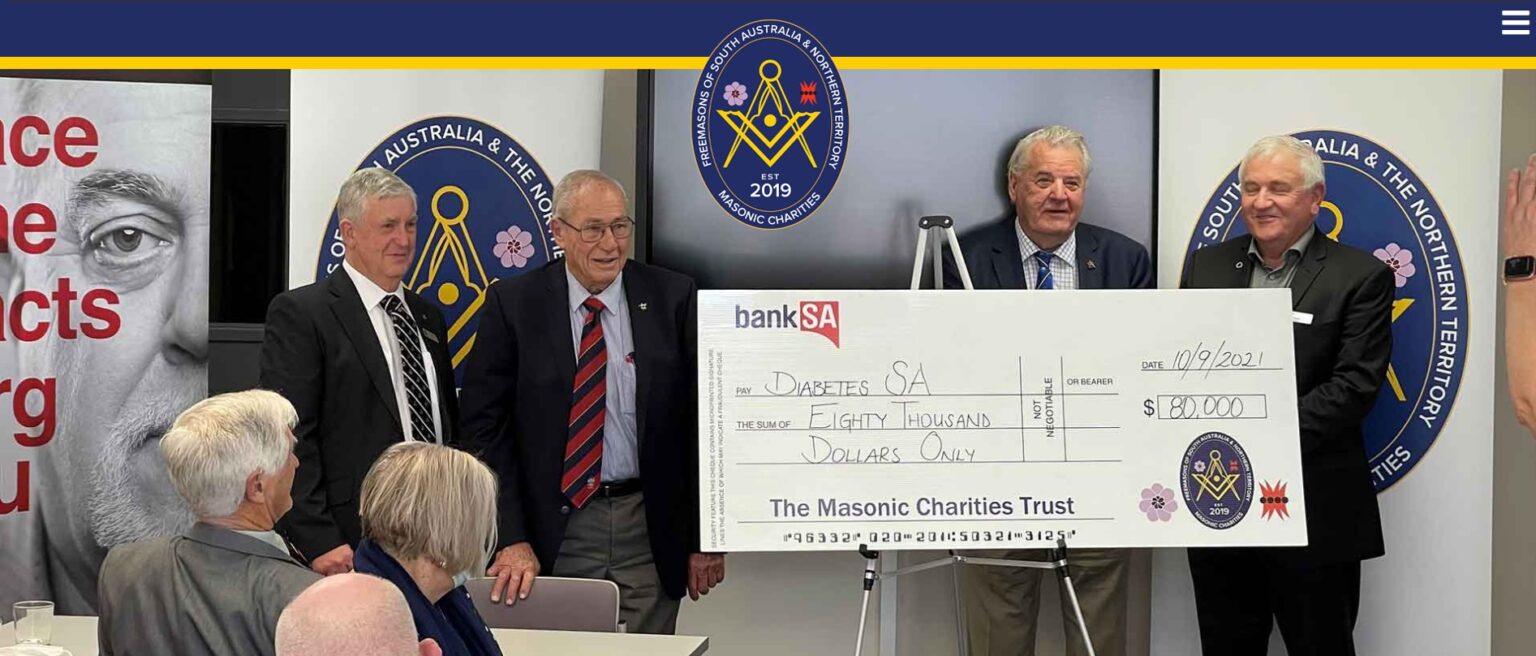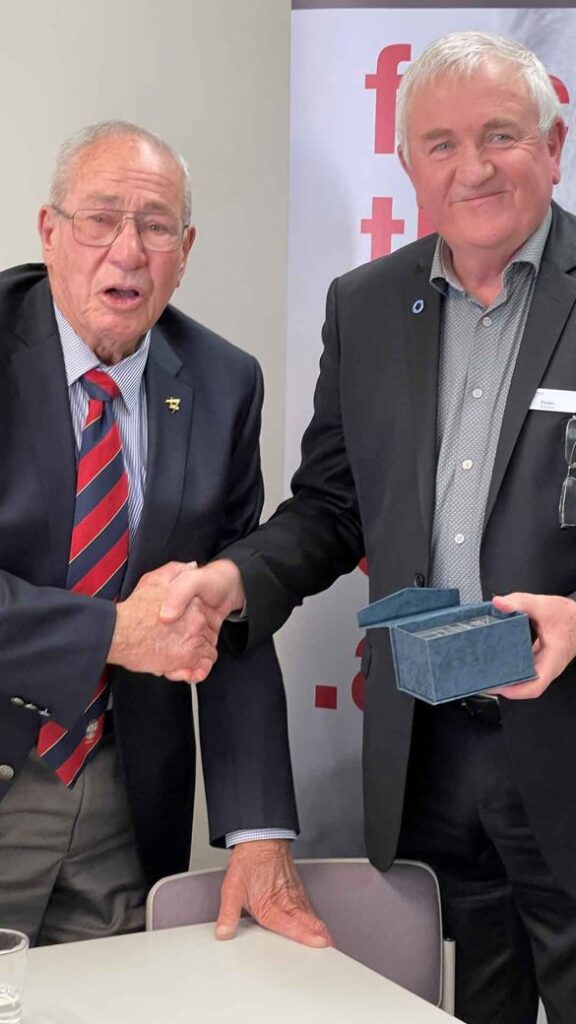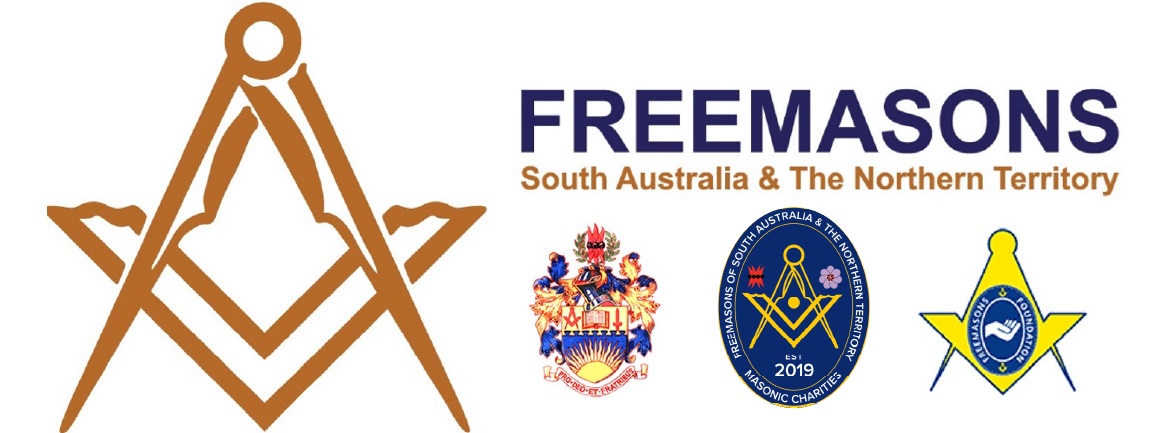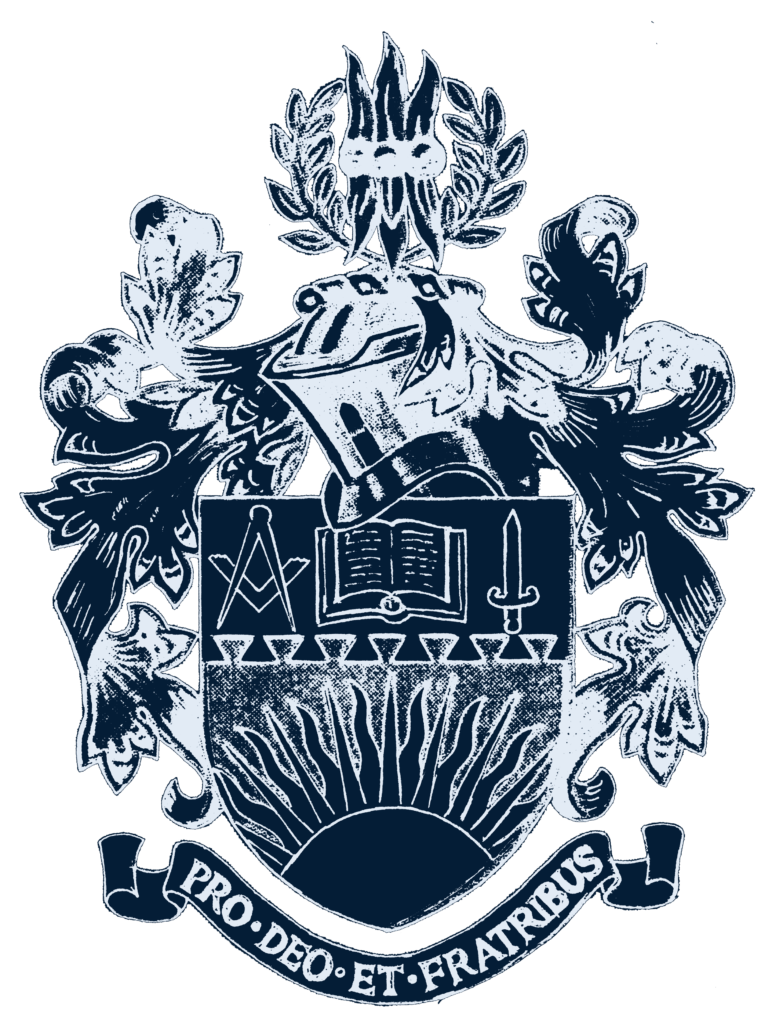
The offical handover event was held from 2pm-4pm on 9 September 2021 at Diabetes SA Hilton premises.
South Australians at risk of developing type 2 diabetes will be screened as part of a pilot program to prevent the onset of a condition that can lead to serious health complications.
The program, run by Diabetes SA with the support of an $80,000 grant from Masonic Charities, focuses on screening and awareness in high-risk communities.
In South Australia, 6.9 per cent of men are diagnosed with diabetes compared to a national average of 5.6 per cent. Almost 114,000 South Australians, or 6.4 per cent of the population, have been diagnosed with diabetes, which is the fastest-growing chronic disease in Australia.
Type 2 diabetes is the most common form and occurs when a person’s blood glucose is too high. Contributing factors can include genetics and lifestyle factors such as high blood pressure, being overweight, insufficient physical activity, and a poor diet.
The Diabetes Community Awareness and Screening Project for type 2 diabetes will provide a free service involving participants completing an Australian Type 2 Diabetes Risk Assessment Tool (AUSDRISK) questionnaire to determine a person’s risk of developing diabetes.
A finger-prick blood test is the next stage if a person scores 12 or more on the questionnaire. This test shows a person’s average blood glucose levels over the past three months. A Diabetes SA health professional letter is then provided to the person’s GP for follow-up on the results.
In addition to the events, increasing awareness of the risk factors for developing type 2 diabetes enables people to make lifestyle changes that can prevent type 2 diabetes developing, delivering significant health and cost-saving outcomes for individuals and the wider community.
The Masonic Charities Trust has joined Diabetes SA to help ensure the program can be rolled out across the state. Masonic Charities, the major philanthropic arm of Freemasonry in South Australia and the Northern Territory, has provided a grant of $80,000 to help run numerous community events for screening and education. David Booker, the Grand Master of the Freemasons, said it was a vital community service to work with Diabetes SA so people could live their best lives in a state of good health.
“Diabetes is often discussed as the epidemic of the 21st century and the biggest challenge confronting
Australia’s health system. Its impact can be measured by the serious complications that can occur and the cost to the community and healthcare system,” Mr Booker said. “The values of Diabetes SA, such as honesty and empathy, and its strong connection with community align with our organisation, and together, I know we can make a difference.”
Diabetes SA Chief Executive Angelique Pasalidis said South Australia has one of the highest rates of type
2 diabetes in the country and “right now, around 180,000 adults are at risk of developing the condition”.
“This impact to individuals and the community as a whole is too significant to ignore,” Ms Pasalidis said. “Long-term health complications of diabetes can include heart, kidney and eye disease, nerve damage in the feet, resulting in amputation, or loss of vision. “A concerted effort to raise awareness of the risk factors is needed so people can act to reduce their risk for developing type 2 diabetes and improve their overall health.”
There are many reasons why South Australia has such a high number of undiagnosed people in the community, including limited access to awareness and screening programs, language and cultural practices, and ethnicity related factors.
“We believe this project supported by Masonic Charities will have a long-term impact in the community,” Ms Pasalidis said. “The prevention of type 2 diabetes, and the early detection of the condition, can save lives and improve an individual’s quality of life, while significantly reducing the financial burden.”
Pictured below: A special moment – Peter Crouch, President, Diabetes SA presents John Stone, Past Grand Master, Freemasons SA & NT with Life Membership.


